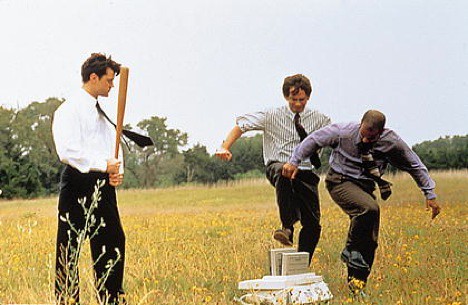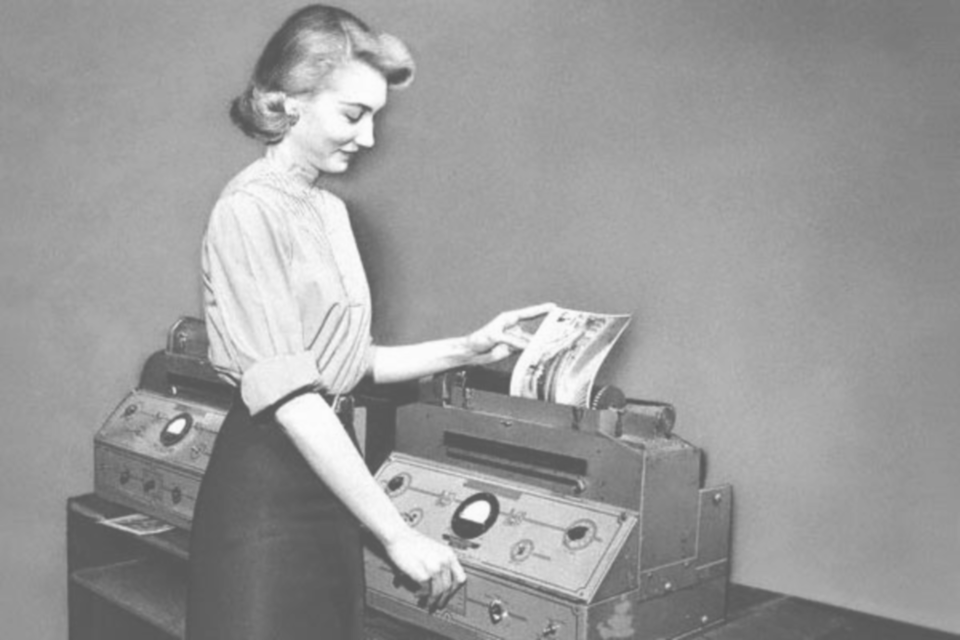I’m on a mission!
Whenever I get an opportunity to take a shot at the health
care system for their use of fax machines I make sure to climb upon my soapbox
and share my utter disdain for the use of this device that should have been
purged in the 1990’s
In my office, we have one of these fancy pants network printing
workstations. The thing probably costs a
fortune. It does colour…it scans…it also
faxes. In the past 10 years I believe I
have used the fax function a total of three times. Who did I fax? A government office, an insurance company,
and of course a Doctor’s office. Both
the government office and the insurance office that I faxed, are now using
email.
How has my new mission to purge health care of fax machines
gone? Not well. I have discovered that health care loves
their fax machines. They actually get
quite defensive when you cast aspersions on their archaic devices.
On a recent visit to our pediatrician even my wife got in on
my fax shaming mission, when our pediatrician, asked us to fax her an insurance
form. My wife literally laughed at the
prospect. This laughter was met with a 10
minute diatribe on how our Doctor couldn’t function without her beloved fax
machine. In fact, she now has software
that takes incoming faxes and her office admin can take an electronic version
of the fax (called a scan in the rest of the world) and can automatically file
it electronically in our chart. It doesn’t
even need to be printed.
When my wife explained to me how this worked; I was
flabbergasted. Exactly how is that
different from an email? The health care
system has actually developed software that facilitates and expands the use of
fax machines. Unbelievable.
As an avid health care conspiracy theorist I
hypothesize that the use of fax machines is an intentional way of keeping patients
at arm’s length and away from their data. What patient has a fax machine at home? No one.
If we do have a fax machine (at home)we probably should be getting counselling for being a hoarder. By using a fax machine it makes it impossible
to send documents to patients because they don’t have fax machines. Conveniently most health care organizations
have privacy policies that forbid the email of patient information via email due to privacy concerns. Within our Health Region,
by policy, if patient information is transferred via email it must be
encrypted. Who is going to do that? This makes it very easy for
health care organizations to make policy that disallows any transfer of
information via email. It's easier for them but not for you! Just another example of provider-centric policy.
The fax saga gets worse.
I read an interesting report a few years ago. Our quality team at one of the hospitals, where
I sit on a Quality committee, did a study of how many faxes were being sent
unnecessarily within the hospital. As an
example, when a patient is admitted to the hospital it starts a chain of events
that are driven by policy and process.
These processes include sending documentation to various recipients by
fax. This is done automatically and without
thought. One document may be faxed to 5
different offices by policy. What the
study attempted to do was determine how many of these documents were sent and
never looked at. They were picked up
from the fax machine, put in someone’s “Inbox." A week later, when the “Inbox”
was full the recipient may glance through the stack of faxes and throw the
majority of them in the trash. The fax
equivalent of Spam. The study found
hundreds of documents were being sent weekly without any reason or
purpose. They were simply being put in the
trash. How is this the safe handling of patient data?
For those who think I am making far too big a deal out of
this I have a few comments. For me the
fax machine is symbolic of a lot of problems in health care. Fax machines are archaic and outdated. The problem with getting rid of them is that
it would create a storm of change in the basic operations of health care. Policies would have to change and equipment
would have to be upgraded. Herein lies the
problem. Most administrators would
rather develop band aid solutions to using a fax machine rather than go through
the pure torture of drafting new policies on how to safely transmit data via
modern means. Policies that might take
years to develop. Administrators have
nightmares about this kind of change as it is arduous and painful.
With change being this difficult within the health care
environment one has to question how difficult it is to make other changes that
effect clinical practice. That is also
depressing. I have read that in some
instances it can take up to 17 years for proven research to be fully
implemented in the clinical environment.
17 YEARS! That is an abysmal number.
The fax machine causes problems in health care! It is a barrier for patients to access
information. It is not secure. It is also a symbol of how difficult it is to
change anything in health care. Something
we need to get much better at, if we are to change health care for the better.
Yes…I’m coming for your Fax Machine!


Hello, an amazing Information dude. Thanks for sharing this nice information with us. Disability support services in Western Australia
ReplyDelete